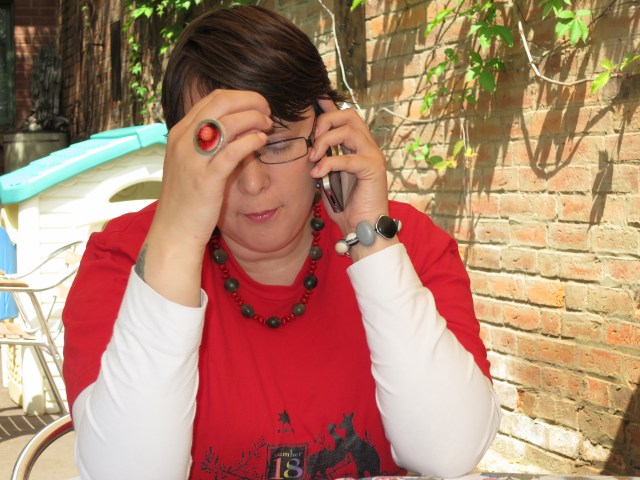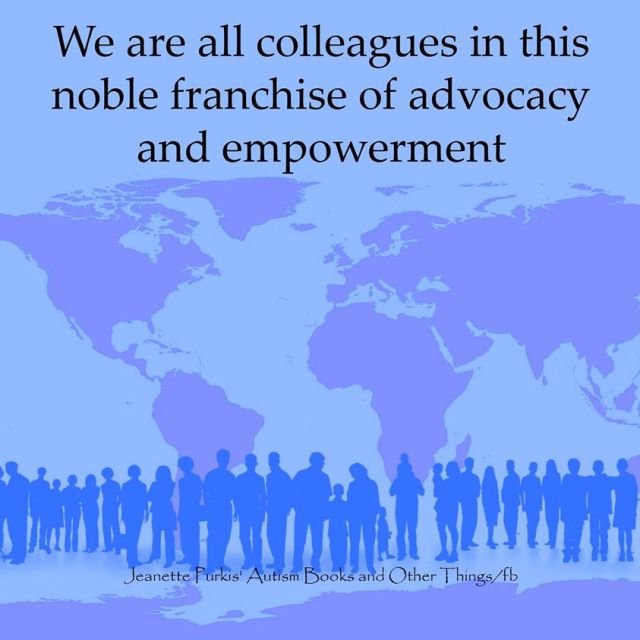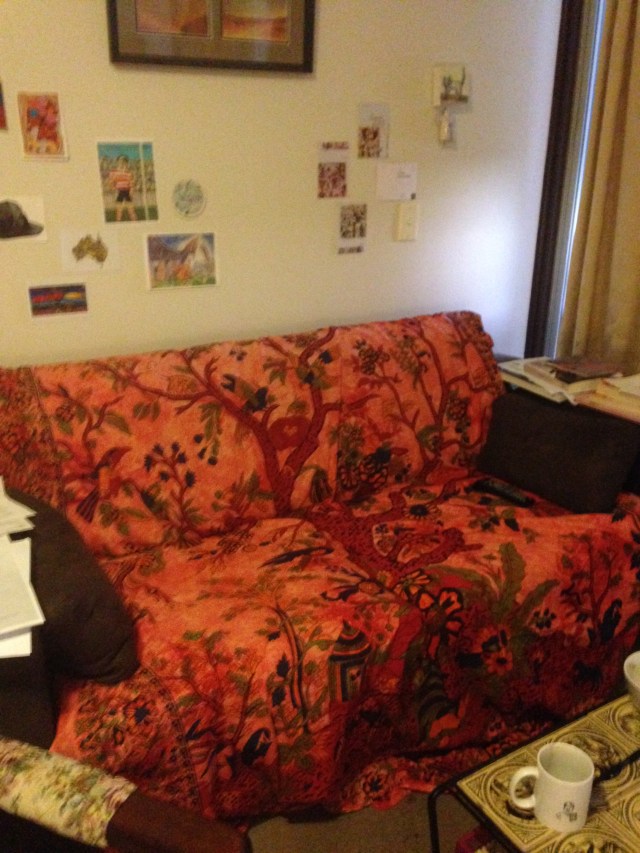Trigger warning: allusions to sexual abuse
A while back a number of people wrote letters to their teenage selves in order to achieve a variety of outcomes, mostly based around closure and self-acceptance. I am having a year of hanging out with current and former Government Ministers, CEOs and Executives and Autism world notable folks and academics and I wondered what my teenage self would think about this. (As she was a communist she probably would have been a little surprised!) So I thought I would write my letter a few years after everyone else did theirs. Here goes…
“Dear little me,
You will be surprised to meet your forty-something self. I don’t really look much like you or think much like you. The things I hold dear are vastly different to what you do but I promise you and I am the same person as you. I have your memories, your family, your insecurity and vulnerability. I have your power – it will take you a while to tap into that but it is amazing. Twenty-five years later and you end up happy, well mostly.
Firstly I want to say what a lot of challenges you have faced and got through successfully. You have not led a blameless life – far from it. And you go to some dark places even now. But you manage to overcome all those insecurities and anxieties and be a force for good in the world. You are a socialist now and want to change the word. I can tell you that you do change the world – although in a far different manner to what you might expect. You change the world in the best way there is – not through momentous events and conflict but through connecting with individuals and being a good friend.
You know how sometimes you get very scared and anxious about supernatural things? How you ascribe meaning to coincidences? How sometimes you stay up all night with the light on, terrified the ghosts will come? In some cultures that connection and terror of the supernatural would take you down the path to being a shaman. In our culture it is treated with medication. It is called schizophrenia and some other names. It will be with you for ever I think but it won’t stop you from making a good life for yourself.
The other matter which I know is haunting you more than the ghosts, that is that people don’t like you. I know you want to belong more than anything. I am the only person in your life who knows the main reason you joined the socialist party was to find a peer group which would accept you, unlike the kids at school who mostly hate and abuse you. I know that you changed the spelling of your name and lost your English accent so people at school would like you and that both strategies did not work. I also know your darkest secret, which you will not speak of for some years, I know what that horrible 35 year-old hippie man did to you. He stole your innocence – my innocence in fact. You need to know that this was not in any way your fault. I am very serious about saying that. You did nothing wrong. He committed a horrible crime. Sadly such men will be in your life for a long time to come. I wish I could protect you. I can’t but I can tell you that these criminals’ evil behaviour is not your fault. The only blame lies with these men. You will heal and one day you will be able to help others heal too.
I’ll get off that topic and onto something a bit more pleasant. You know how you always get ‘A’s for English? How you love to write and create new worlds. How you love to paint and write poetry. Well, in fact you become an author and gain a Masters degree in Fine Art. One day you will have a show at the Australian Centre for Contemporary Art. Another day you will have a book published and then another…and another. You will reach many thousands of people with your writing and public speaking. Yes, you speak at conferences. You love it too.
This is a tricky thing to tell you about because I know how much you are committed to your socialist beliefs. But as we both know, you are not a true socialist, you just like to spend time with those uni students and their beer and weed and those protests where you get to let out your emotion which you struggle with some much. As you grow older, you have some truly awful experiences. You meet another someone who takes your innocence, your morality. I am ashamed to say you make terrible, terrible choices and end up in various malevolent institutions. You hover over death. You lose your faith and your courage. You are in a shadow world. I so wish I could save your from it. Thankfully you manage to save yourself from it, along with support from your amazing family and your own determination and wisdom. You are so impacted by this shadow world that it gives you a cast iron will to go as far from it as you can. After seven years of aspiration and good choices you join the public service. Seriously, you do! And you love it. You are respected at work, even though you are a bit ‘quirky’. You buy a little apartment and fill it with art – top to bottom! Yes, really, you own property. Someone even said recently that you ahed ‘impeccable taste’.
So as I write to you I am a very different you but I know I am still you. I feel your essence within me. We share the same memories. Take courage, for though your life is filled with terrible things it is also filled with wonder and amazement. You become a respectable member of the community. You have great friends who like you for who you are. You have all your quirks and foibles and things which your high school peers hate so much. But you own them and are a proud woman.
I’ll have to write to you again I think to tell you all about Autism. And Mr Kitty. You will love to know about him.
Go well little me.
Love from You”






